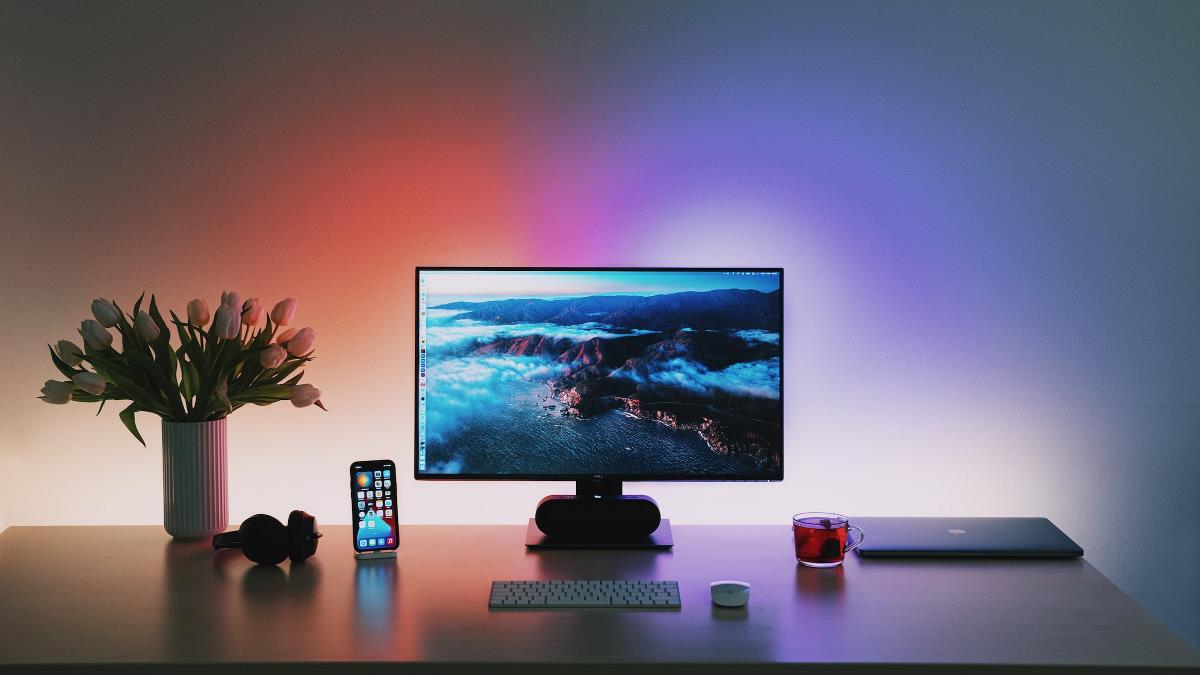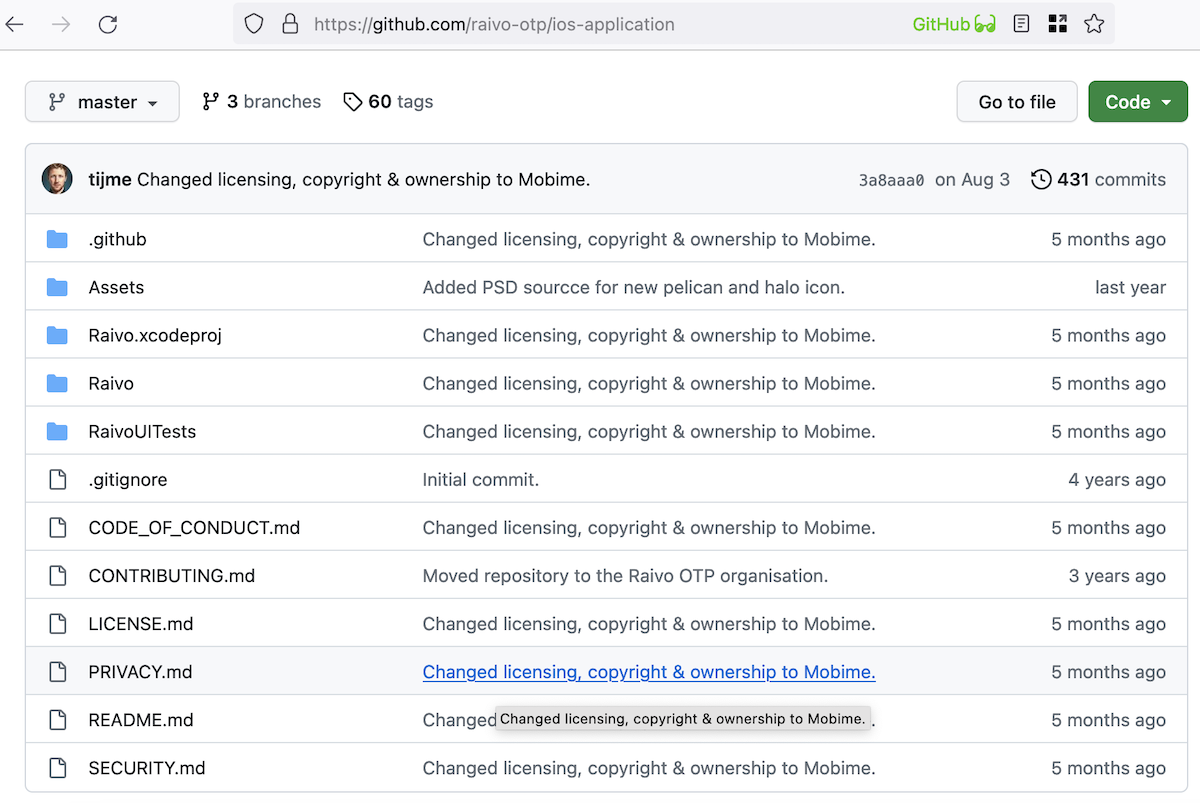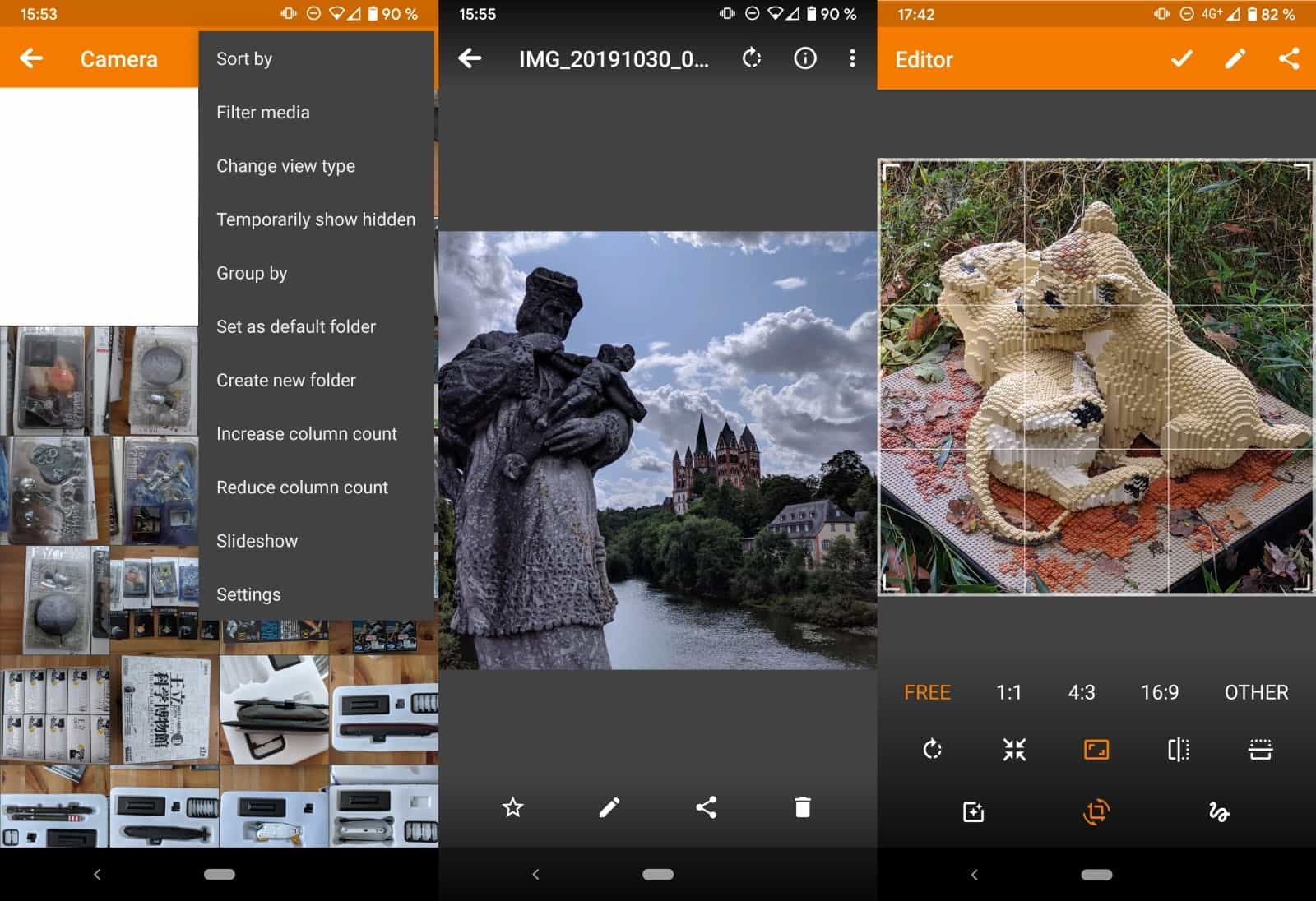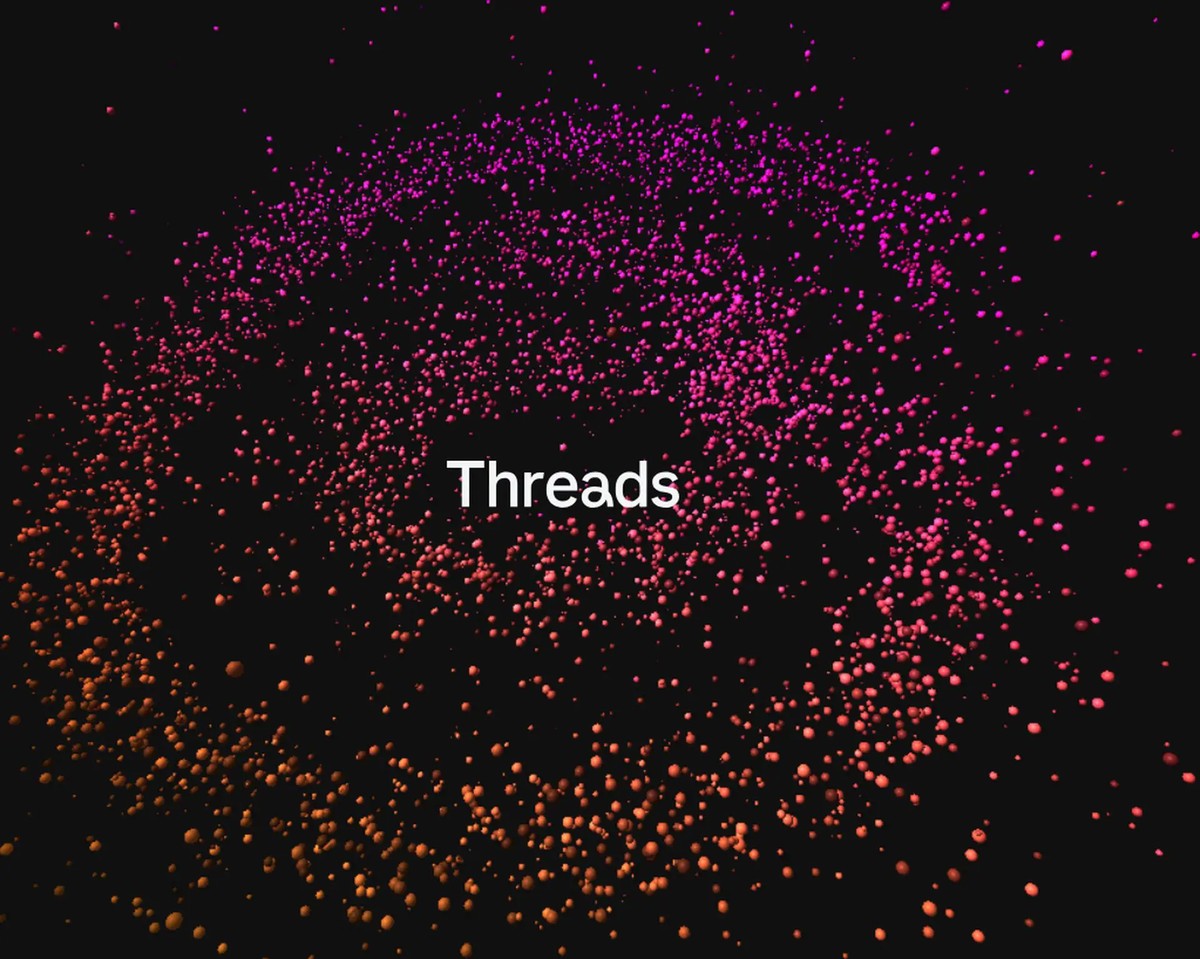Zigazoo: A Safer Alternative to TikTok?
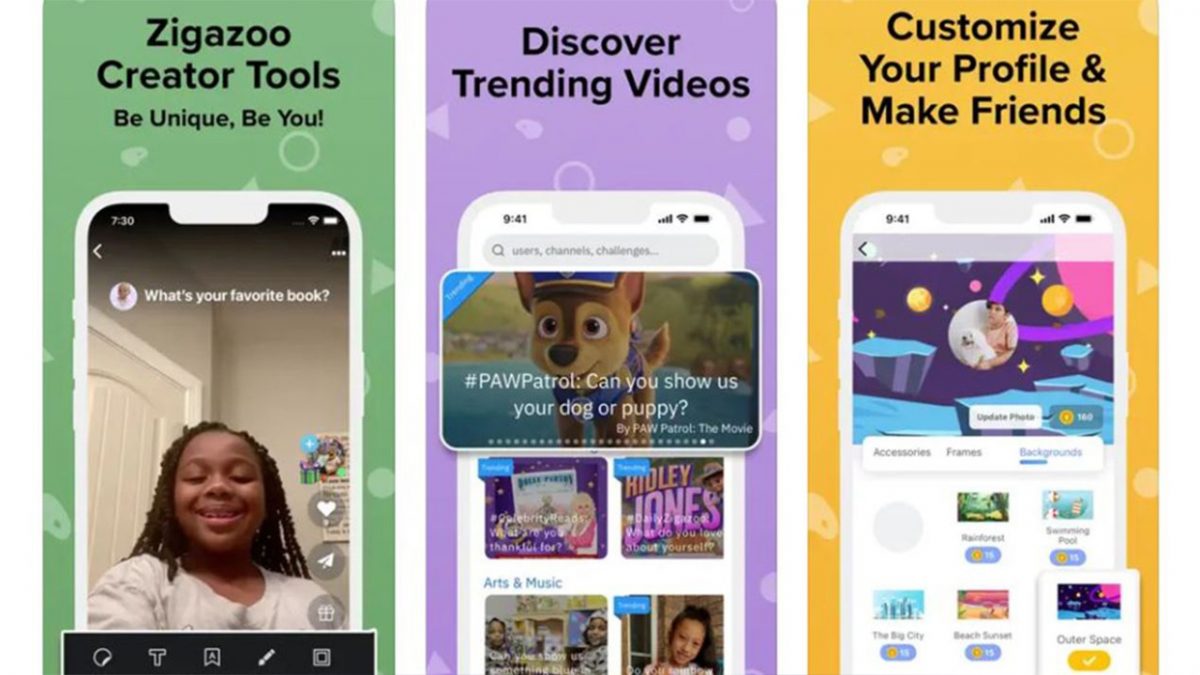
Is Zigazoo a less toxic TikTok alternative?
Although TikTok has recently faced scrutiny from Western governments due to concerns over its potential national security implications, a lesser-known app named Zigazoo is positioning itself as the next big thing, poised to take over the mantle from TikTok should the latter fall out of favor.
What is Zigazoo?
Zigazoo has developed two distinct apps, Zigazoo Kids and Zigazoo. The latter was initially launched in 2020 as a social media platform aimed specifically at Generation Alpha, referring to individuals born approximately between 2010 and 2024. While many children within this age group already express a desire to participate in social media, the use of platforms such as TikTok has raised concerns among parents and legislators alike.
Zigazoo's main objective is to provide children with a safe and secure social media platform to interact with their friends, and hence the creation of Zigazoo Kids. The platform is designed to protect children from potential dangers that other social media platforms may pose to them. In light of recent concerns over TikTok, which may have caused some Americans to become wary of the app, Zigazoo has also developed a new platform, Zigazoo, specifically targeted at users aged 13 and above.
Zigazoo operates on an invite-only basis, with the primary objective of creating a safe and welcoming space that is free of the trolling, hate comments, and cyberbullying that often plague other social media sites. The platform was specifically designed to allow users to showcase their individuality and connect with others who share similar interests, as highlighted on the platform's homepage, where it states, "designed so you can flaunt your flaws and vibe with people who share your interests."
Self-proclaimed non-toxic alternative
As part of its commitment to providing a non-toxic social media environment, Zigazoo has eliminated text comment sections and only allows the use of emojis with positive connotations. To respond to a video, users must create a video themselves, a feature that aims to discourage hate commenters and trolls, as most individuals who leave negative comments tend to do so anonymously.
Zigazoo has secured funding from notable investors, including Serena Williams, Jimmy Kimmel, and the NBA. The app has also garnered support from popular TikTokers such as Jack Wright and Charli D'Amelio. This alliance represents a concerted effort to encourage TikTok users to switch to Zigazoo.
Zigazoo is positioning itself as a viable alternative to TikTok, particularly as the possibility of a TikTok ban in the U.S. continues to make headlines. However, the likelihood of a nationwide TikTok ban remains uncertain, as it would require the passage of bills in both the U.S. House and Senate, a process that can be time-consuming.
Zigazoo launched on March 25, with plans to make the platform accessible to the public shortly thereafter.
Is there such a thing as ‘safe social media?’
The emergence of Zigazoo as a potential successor to TikTok raises an important question: Is it possible to create a social media app that does not rely on data collection policies and can guarantee safety for minors while preventing trolling and hate speech?
While Zigazoo's invite-only model and elimination of text comment sections are steps in the right direction, it is unclear whether the app can completely eliminate the risks associated with social media. The app's focus on positive emojis and video responses aims to mitigate some of these risks, but it remains to be seen whether it can entirely prevent trolling and hate speech.
Furthermore, while Zigazoo may market itself as a non-data-collecting platform, it is essential to remember that all social media apps collect some form of user data, whether it is for ad targeting or user engagement analysis. The key is to ensure that this data is collected transparently and used responsibly.
The success of Zigazoo ultimately depends on whether it can maintain its commitment to creating a safe and positive environment while balancing the need for user engagement and data collection. While it is still too early to tell whether Zigazoo will become a legitimate successor to TikTok, its launch on March 25th has generated significant interest, indicating that there is a demand for a social media app that prioritizes user safety and positivity.
What if social media was never the answer?
While social media platforms like Zigazoo can offer a safer and more positive experience than some of their counterparts, the risks of data collection, trolling, and cyberbullying remain present.
Perhaps it's time for us as a society to consider the possibility that the benefits of social media may not outweigh the costs. The constant need for online validation, the pressure to curate a perfect digital image, and the risk of exposure to harmful content can be detrimental to our mental health and overall wellbeing.
It's possible that we need to start prioritizing genuine human connection over virtual connection, investing in building strong relationships with those around us instead of chasing the illusion of connection through social media. By prioritizing face-to-face interactions and building meaningful relationships, we can potentially lead happier, healthier, and more fulfilling lives.
Advertisement
